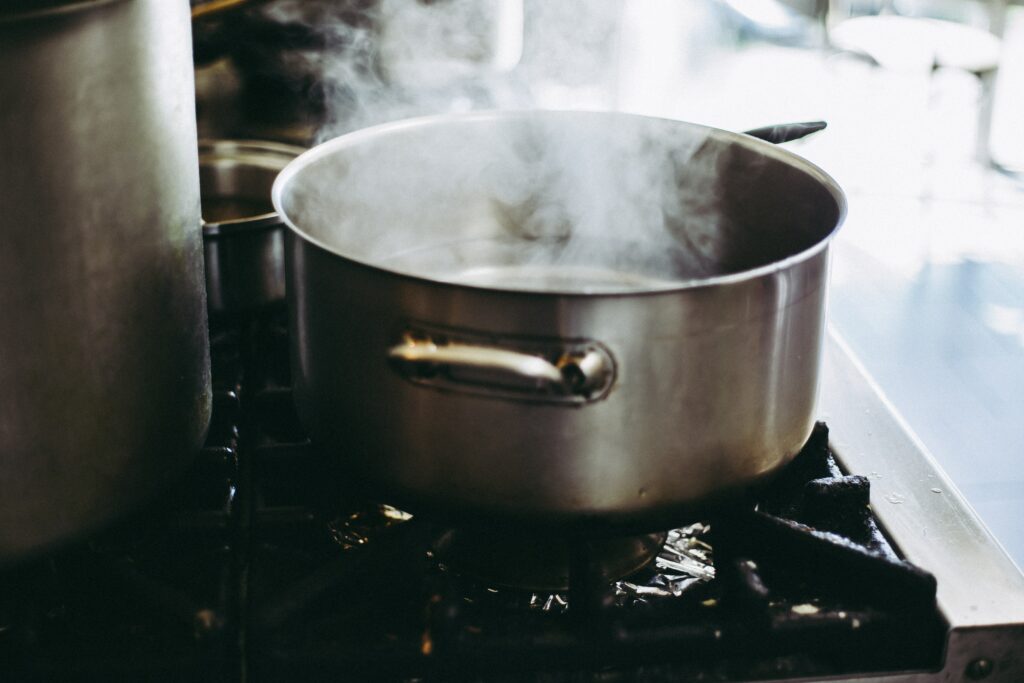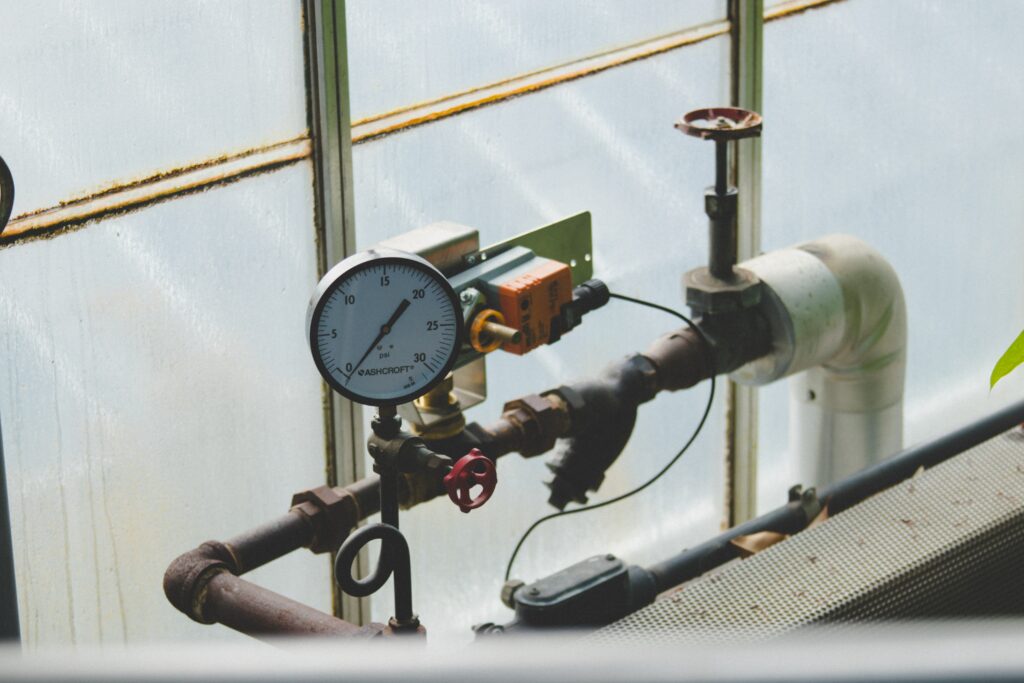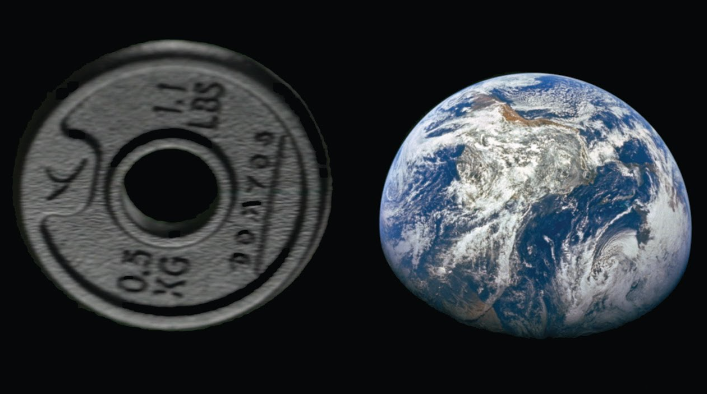What is the boiling point?

The boiling point is the temperature at which the vapor pressure of the liquid (pressure exerted by the gas phase on the liquid phase in a closed system at a given temperature) equals the pressure surrounding the liquid, at which point the liquid is transformed into a gas.
The boiling point is a property that strongly depends on the ambient pressure; a liquid subjected to a very high pressure will have a higher boiling point than if we subject it to lower pressures, that is, it will take longer to go into vapor when it is subjected to high pressures. Due to these boiling point variations, the IUPAC (International Union of Pure and Applied Chemistry) defined the standard boiling point: temperature at which a liquid turns into vapor at a pressure of 1 bar.

An important issue is that the boiling point of a substance cannot be increased indefinitely, when we increase the temperature of a liquid past its boiling point and still continue increasing it, we reach a temperature called critical temperature (it is the temperature above of which the gas cannot be transformed into a liquid by increasing pressure). At this temperature, there is no defined liquid phase or vapor phase.
The boiling point is different for each substance, this property depends on the molecular mass of the substance and the type of intermolecular forces it presents (hydrogen bonding, permanent dipole, induced dipole), which in turn depends on whether the substance it is polar covalent or nonpolar (nonpolar) covalent.

When the temperature of a substance is below its boiling point, only a part of its molecules located on its surface will have enough energy to break the surface tension of the liquid and escape into the vapor phase.
Perform the following experiment and let’s apply our knowledge about boiling point.





Responses